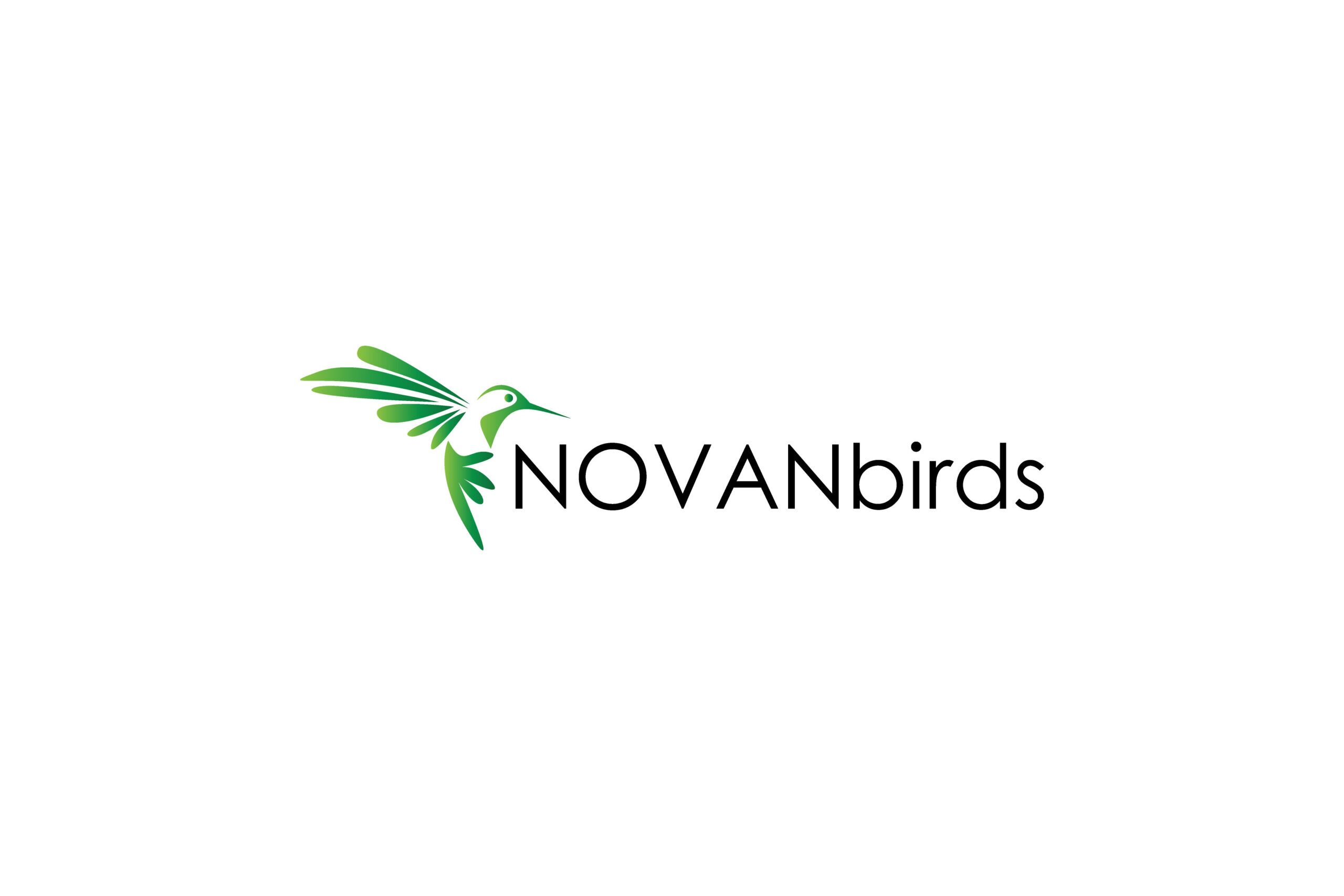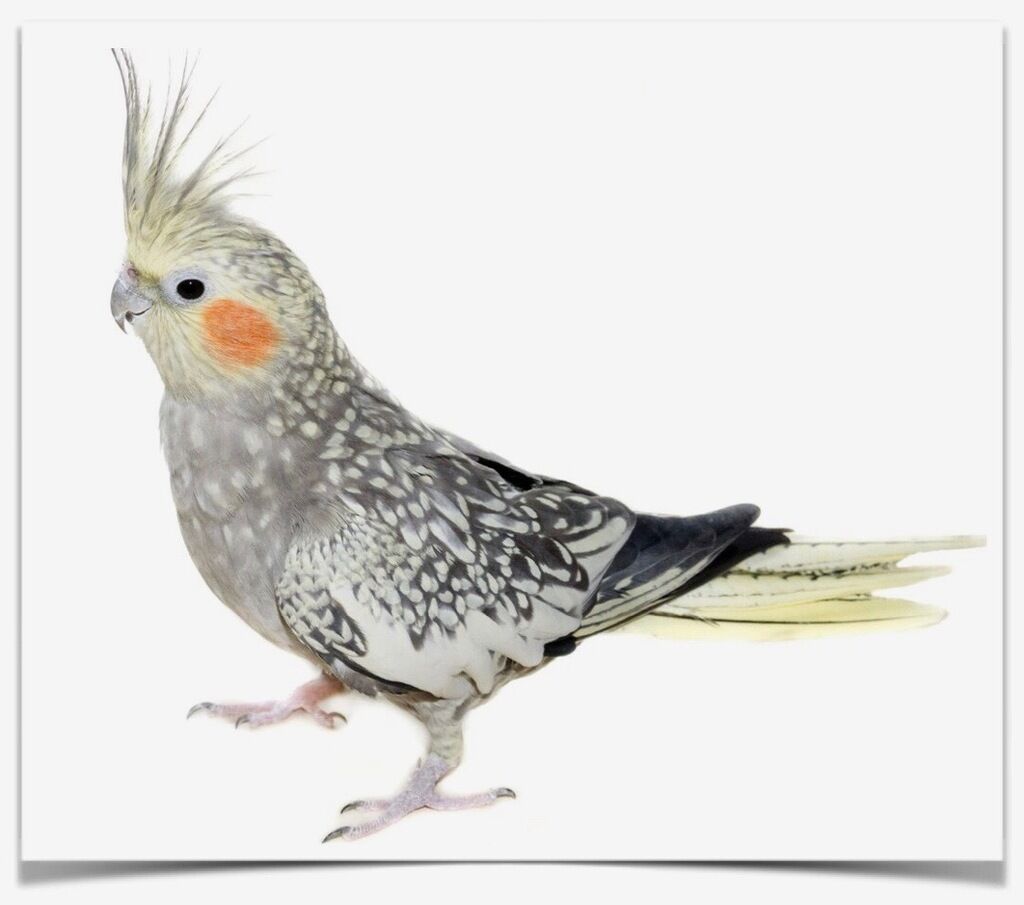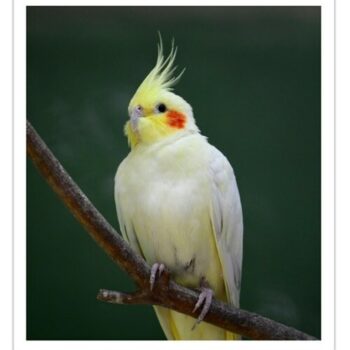Buy Cockatiel – Pearl Online
The spectacular Pearled Cockatiel for sale with its scalloped-looking feathers, was the third cockatiel mutation to be established. These very pretty birds are commonly known as Laced Cockatiels, Opaline Cockatiels, Pearl Cockatiels, Pearly Cockatiels, and even just Pearl Tiels or Pearly Tiels. The coloration of the pearl is a result of a feather pattern change rather than a color change. The first cockatiel mutation was the Pied Cockatiel established prior to 1951, followed by the very popular Lutino Cockatiel in 1958, and the Pearled Cockatiel in Germany in 1967. Unlike cockatoos, they have long tails making up about half of their total length, giving them more of a parakeet type appearance.
Pearling of the feathers on the back, nape, and wings are edged or laced in white or yellow. There are both lightly pearled birds and heavily pearled birds. Starting with the first molt, a male pearl will loose his markings and return to a normal gray coloration over a period of years. Males don’t actually loose the pearling but it becomes so faint that it can only be seen on some of the heavily pearled mature males, and even then it only looks like a shadow. The female will not loose her markings.
Geography: Australia
Song / Call: Click here for the Cockatiels Song / Call
Size: 12″ – 14″ long
Sexing: Some cockatiels are easily sexed visually while others are not. If there is not a gender option available when ordering, we are unable to guarantee gender. Buy Cockatiel – Pearl Online
Life Span: 16 – 25 Years
Temperament: Cockatiels are extremely social birds and they like attention however they can be left alone as well. They are fairly hardy birds, easily handle changes in their home, and are easy to breed. On top of that, keeping a cockatiel as a pet is easy because they are not noisy parrots and they are comfortable if left alone for periods of time.
Breeding: Cockatiels are generally easy to breed.
Diet: High Quality Cockatiel Seed, Australian Blend Goldenfeast, Fruits, Greens, Meats, Hard Boiled or Scrambled Eggs, Peanuts, Cuttlefish Bone, Dried Egg Food
DNA Testing
If there is no gender option listed for a bird on our website, that particular species is ‘monomorphic’, which means we’re unable to determine gender without purchasing DNA testing. DNA testing is an additional $149 per bird to guarantee preferred gender. DNA testing may add an additional 3-6 plus weeks to estimated delivery time to allow for gender results. See our FAQs for more info. Buy Cockatiel – Pearl Online
buy exotic birds for sale, buy finches for sale, birds for sale online, pet birds online, buy African grey for sale, buy exotic monkeys for sale, lilac crowned amazon for sale, buy bronze mannikin, buy counterfeit money for sale,buy counterfeit indian rupees for sale,counterfeit indian rupees for sale, fake indian rupees for sale, buy indian rupees online, buy adderall online, buy ambien zolpidem online, icals buy research chemic online, buy wood pellets for sale, buy scannable bills for sale, scannable counterfeit money for sale, buy undetectable counterfeit money, buy counterfeit money online, buy containers for sale, buy kittens for sale, buy roxicodone online, buy parrots for sale, k2 spices for sale, buy gbl for sale, buy pure gbl online, gbl for sale euro, buy synthetic cannabinoids online, buy k2 spice for sale, buy research chemicals online, buy cannabinoids for sale, buy research chemicals, buy counterfeit money online, pills for sale, buy counterfeit money for sale, ssd chemicals online, parrots for sale, synthetic cannabinoids for sale, wood pellets for sale, pharmaceutical pills online, buy research chemicals,, ssd chemicals online,




